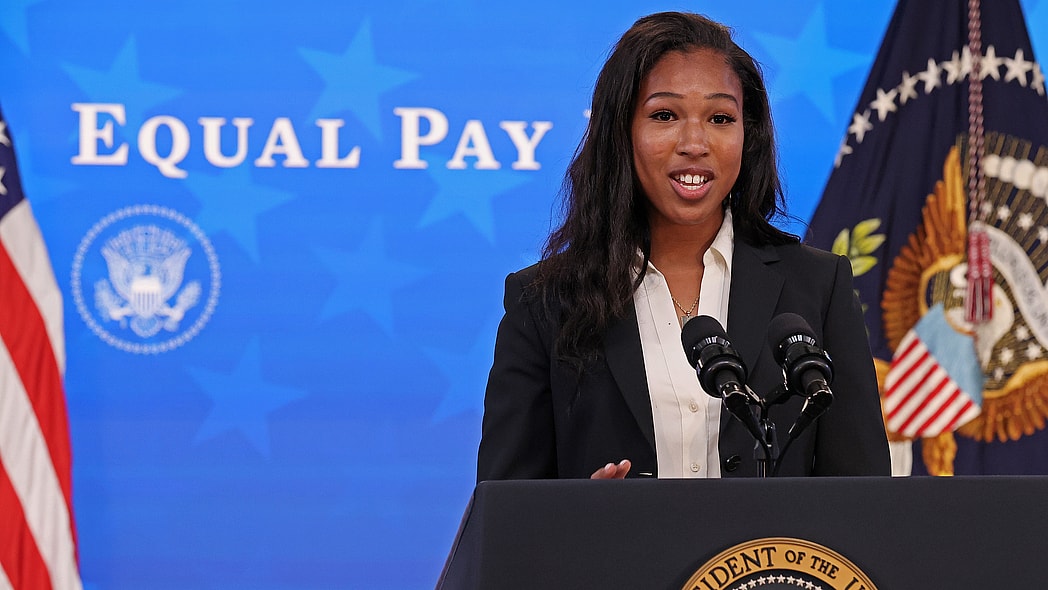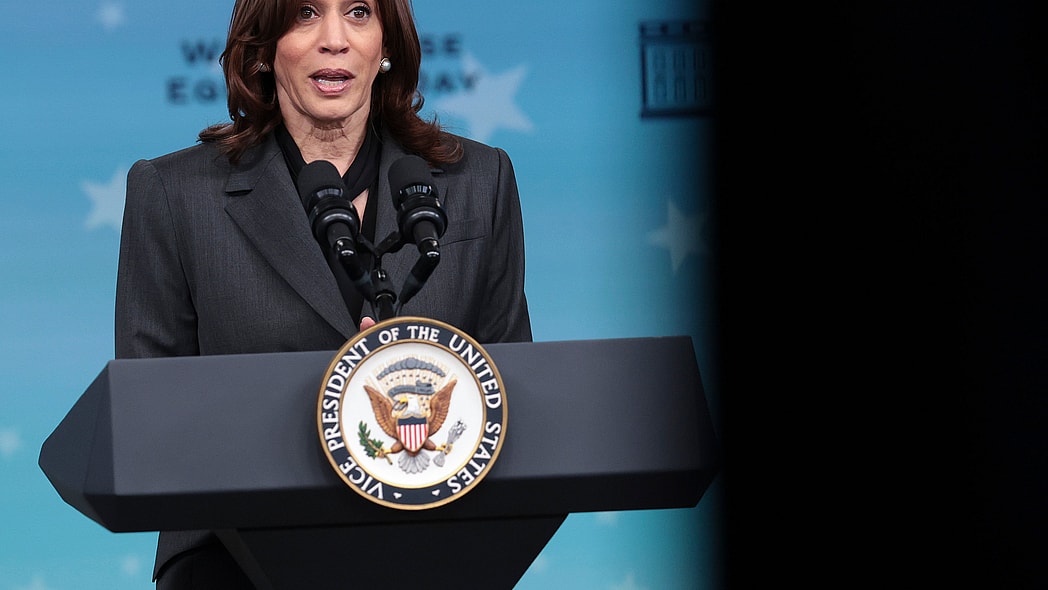While girls may run the world, women are still fighting for equal pay in 2024. March 12 is Equal Pay Day, which marks yet another year of women fighting for equal wages in the workplace. Though the battle for equal compensation amongst women in the workplace occurs 365 days — or in this case, 366 days out of the year, the National Committee on Pay Equity (NCPE) created “Equal Pay Day” in 1996 to raise public awareness of the gap between men and women’s pay.
“This date symbolizes how far into the year women must work to earn what men earned in the previous year,” the U.S. Census Bureau said in a statement. “Because women earn less, on average than men, they must work longer for the same amount of pay. The wage gap is even greater for most women of color.”

Occurring on a Tuesday every year, the weekday “was selected to represent how far into the next work week women must work to earn what men earned the previous week.” In light of this annual commemoration, organizations analyze the latest on the gender wage gap. This year, the National Partnership for Women & Families found that women make just 78 cents for every dollar non-Hispanic white men make. This disparity ultimately adds up to over $11,000, which costs women over $1.6 trillion per year.
“Women are the backbones of their families and our economy, yet the persistent gender-based wage gap makes it significantly harder for them to keep their households afloat,” said Jocelyn Frye, president of the National Partnership for Women & Families. “Businesses, lawmakers and the Administration must do more to close the pay gap, especially the steepest gaps experienced by women of color due in part to a combination of race, ethnic, and gender bias.”
Recommended Stories
However, just as Frye noted, achieving equal wages as a woman of color, especially a Black woman, is an uphill battle. So much so that every year in July, professionals acknowledge Black Women’s Equal Pay Day — which is scheduled to take place this year on July 9. Despite Black women having one of the highest “labor force participation rates,” the National Partnership for Women & Families’ latest research revealed that Black women are generally paid 66 cents for every dollar paid to white non-Hispanic men, creating a $20,380 difference per year.
In addition to the shocking numerical differences, the pay gap has a trickle-down effect on women’s daily obligations like food, utilities, and the ever-rising cost of child care, health care, and hinders their ability to invest in their financial futures.
“The money that Black women lose to the wage gap each year could pay for nine months of a family’s groceries and eight months of child care and six months of rent,” Emily Martin, vice president of education and workplace justice at the National Women’s Law Center, said per theGrio. “Over the course of a 40-year career, a Black woman starting out today stands to lose close to a million dollars, well over $900,000, if we don’t close the gap.”
Considering women, especially Black women, are more likely to be their household’s primary breadwinners, the fight for equal pay is a longstanding issue that could potentially impact the upcoming generation.
“Achieving real equity for women workers requires critical investments in paid leave, child care, and other supports that improve the lives of working families,” Frye added.
Never miss a beat: Get our daily stories straight to your inbox with theGrio’s newsletter.







